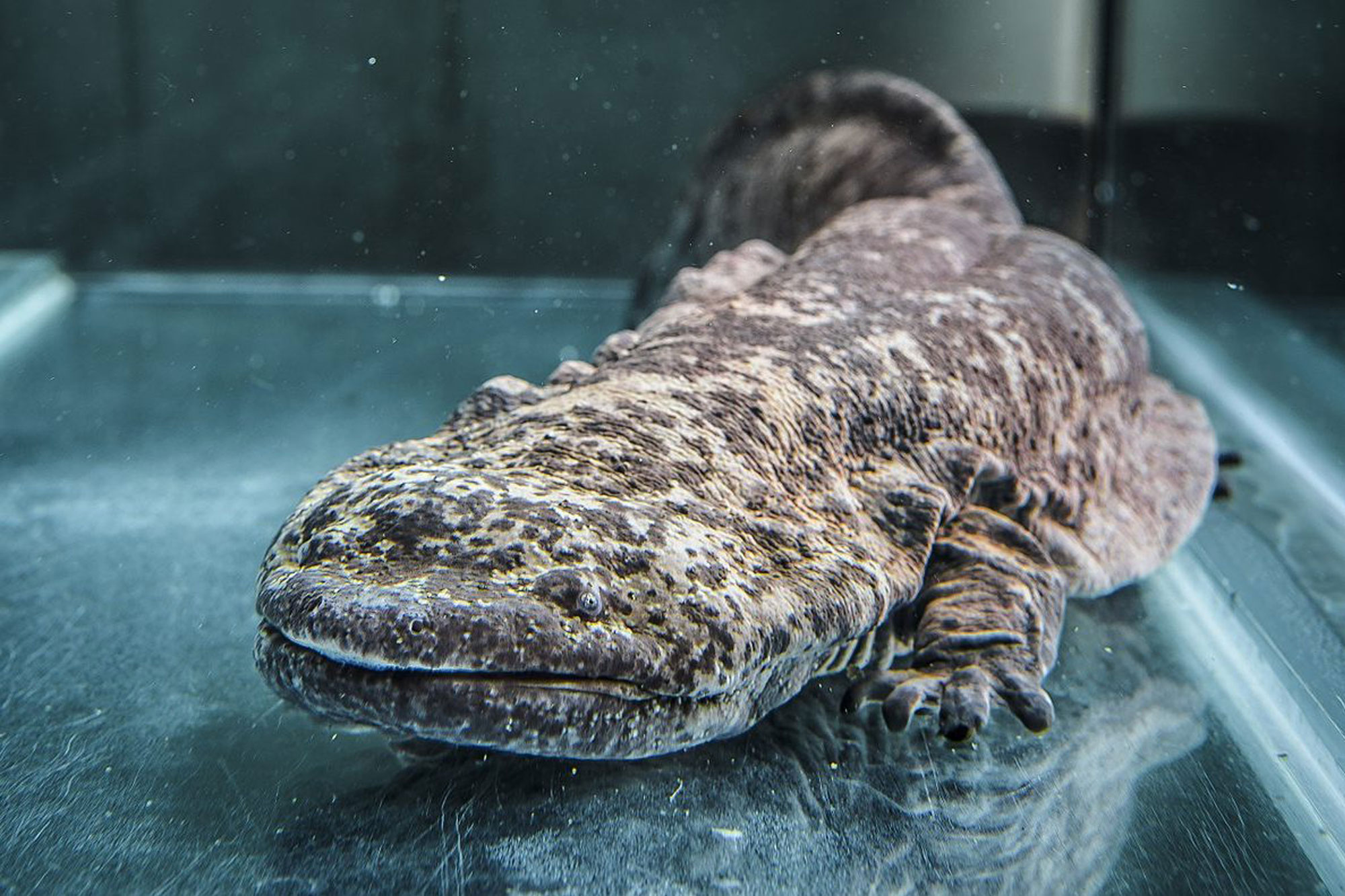Commenting on the seizure in Coventry in 2016 of a number of critically-endangered Chinese Giant Salamanders that have now been rehomed at London Zoo, the Durrell Institute of Conservation and Ecology‘s (DICE) Dr David Roberts, an expert in the trade of wildlife on the darknet, said postal services are now a top choice for smugglers:
“The rise of e-commerce has brought consumers closer to sellers and the postal service is facilitating a global trade, including wildlife trafficking. It is often illegal to send live animals through the post, and in the case of Royal Mail only specific insects are permitted under certain conditions. However, with the high cost of sending animals via licensed couriers, some are resorting to postal services for cheaper international and domestic alternative routes.
“Reptiles and amphibians, as well as invertebrates, are particularly prone to being sent through the post due to their physiology. In the UK, one case of live animal trade through the post involved two highly venomous snakes (gabon viper and puff adder) being posted from Tanzania. While the post may be scanned, it is only once a package is opened that it is possible to determine what it contains. As a result, the illegal movement of wildlife through the post not only threatens the animal but potentially postal workers as well.
“While there are clear welfare concerns with the illegal shipment of live animals through the post, the postal service is a significant route for the illegal trade in other wildlife, including orchids and cacti, as well as non-live illegal wildlife products, such as elephant ivory.
“As a result, wildlife trafficking is not just an issue of checking passengers and freight at air and seaports, but also increased surveillance at postal hubs. This makes the job of UK Border Force and the police’s National Wildlife Crime Unit even more challenging. Postal service providers and consumer communities have a significant role to play in dealing with the issues of wildlife trafficking through the mail.”
 Dr David Roberts was a senior scientist in the orchid section of the Royal Botanic Gardens, Kew. He is a member of the UK government’s illegal Wildlife Trade Advisory Group. His main areas of research are plant conservation, especially orchids and illegal online wildlife trade.
Dr David Roberts was a senior scientist in the orchid section of the Royal Botanic Gardens, Kew. He is a member of the UK government’s illegal Wildlife Trade Advisory Group. His main areas of research are plant conservation, especially orchids and illegal online wildlife trade.

